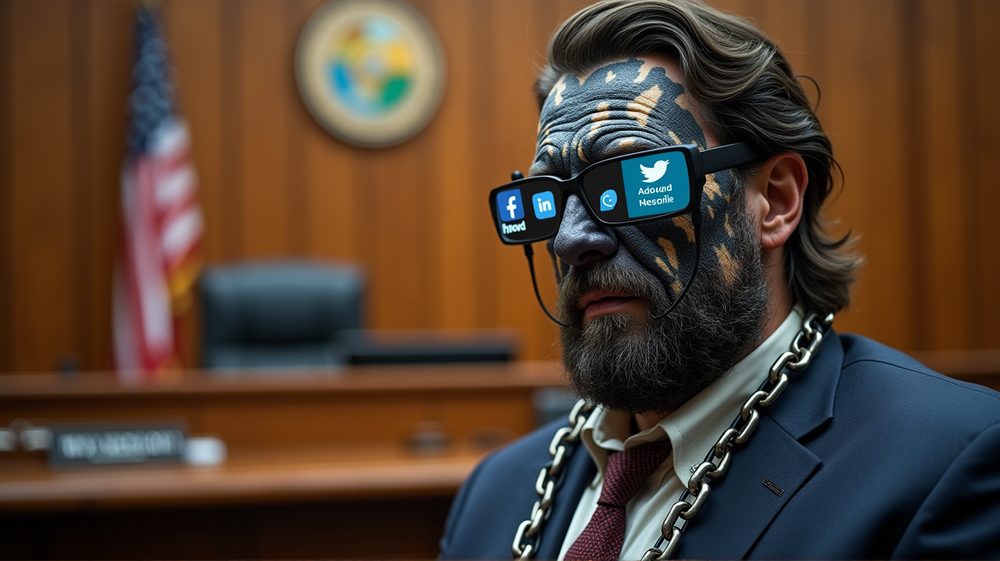Florida's Social Media Ban: The Battle Over Rights and Restrictions
In an era where digital interactions are the backbone of youth communication, Florida’s new legislation is ruffling feathers in the tech community. The recently enforced law seeks to restrict social media access for teenagers under 16, putting popular platforms like Snapchat and YouTube squarely in the crosshairs. The law, gripping in its implications, not only challenges tech companies but also raises profound questions about guardianship, freedom, and the digital landscape.
The Crux of the Legislation
Florida’s law mandates that social media platforms restrict access to teens aged 14 and 15 unless they have parental permission. This legislation is directed at platforms where more than 10% of daily active users are under 16, who spend a staggering two hours or more on these apps, particularly those that employ addictive features like push notifications and continuous content feeding.
Platforms in the Line of Fire
The new court filings identify Snapchat and YouTube as significant players affected by this law. Despite having built-in safeguards, both platforms are embroiled in this legal tussle due to concerns about their service’s impact on youth mental health. According to WUFT, their algorithms and notification systems are under scrutiny for potentially fostering unhealthy digital habits.
Legal Backlash and Constitutional Concerns
This unprecedented move by Florida legislators has not gone uncontested. The tech industry swiftly responded, rallying behind a renewed legal challenge to overturn the law. Their argument hinges on the First Amendment, emphasizing that parental discretion, rather than state intervention, should dictate young teens’ digital exposure.
Advocates for Mental Health
For proponents of the law, the rationale is simple: to curb rising mental health issues attributed to excessive social media use among youths. Lawmakers insist that endless scrolling and online pressure fuel depression and loneliness, making regulation a necessity.
Tug of War Continues
As legal proceedings advance, the spotlight remains on what this law represents for parental rights versus state intervention. With a judge set to make significant rulings on the case, the coming weeks promise to shape how and if such restrictions can be legally and ethically implemented. Will this landmark case forge a new path for digital regulation, or unravel back into the web of free expression? Only time will tell.
Stay tuned as this digital drama continues to unfold, with implications that reach far beyond Florida’s borders. What happens next could set a precedent in the realm of technology regulation and youth protection.




